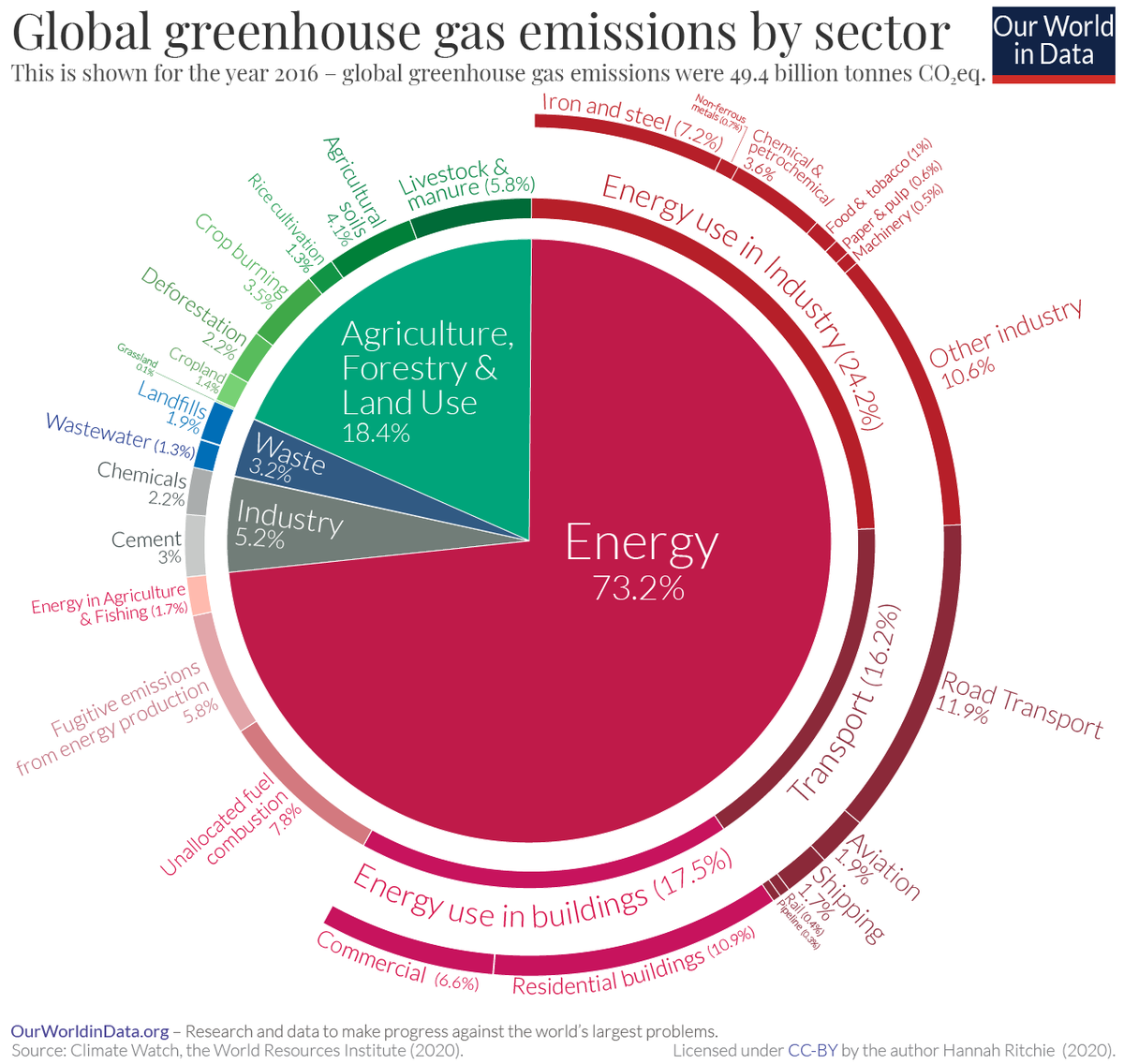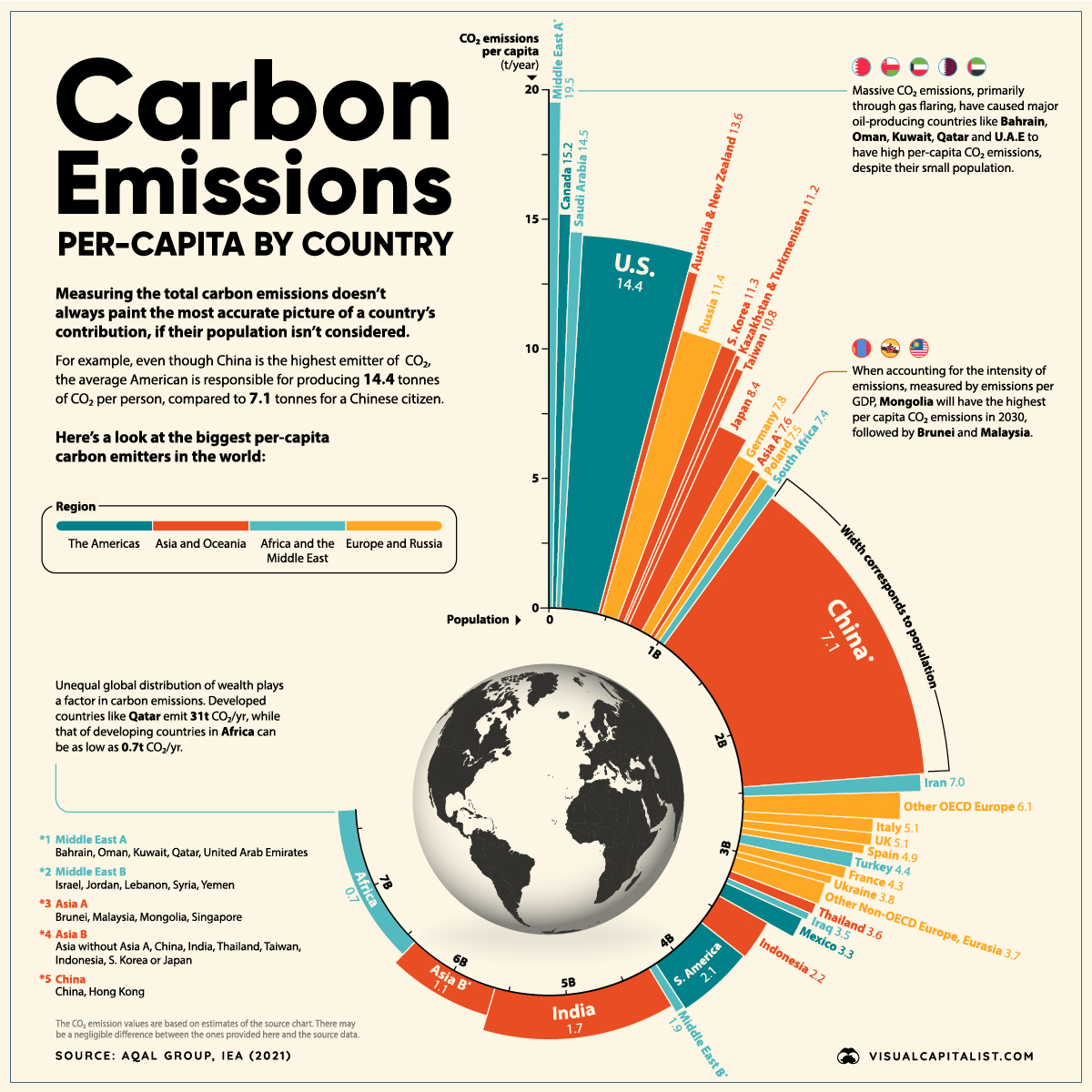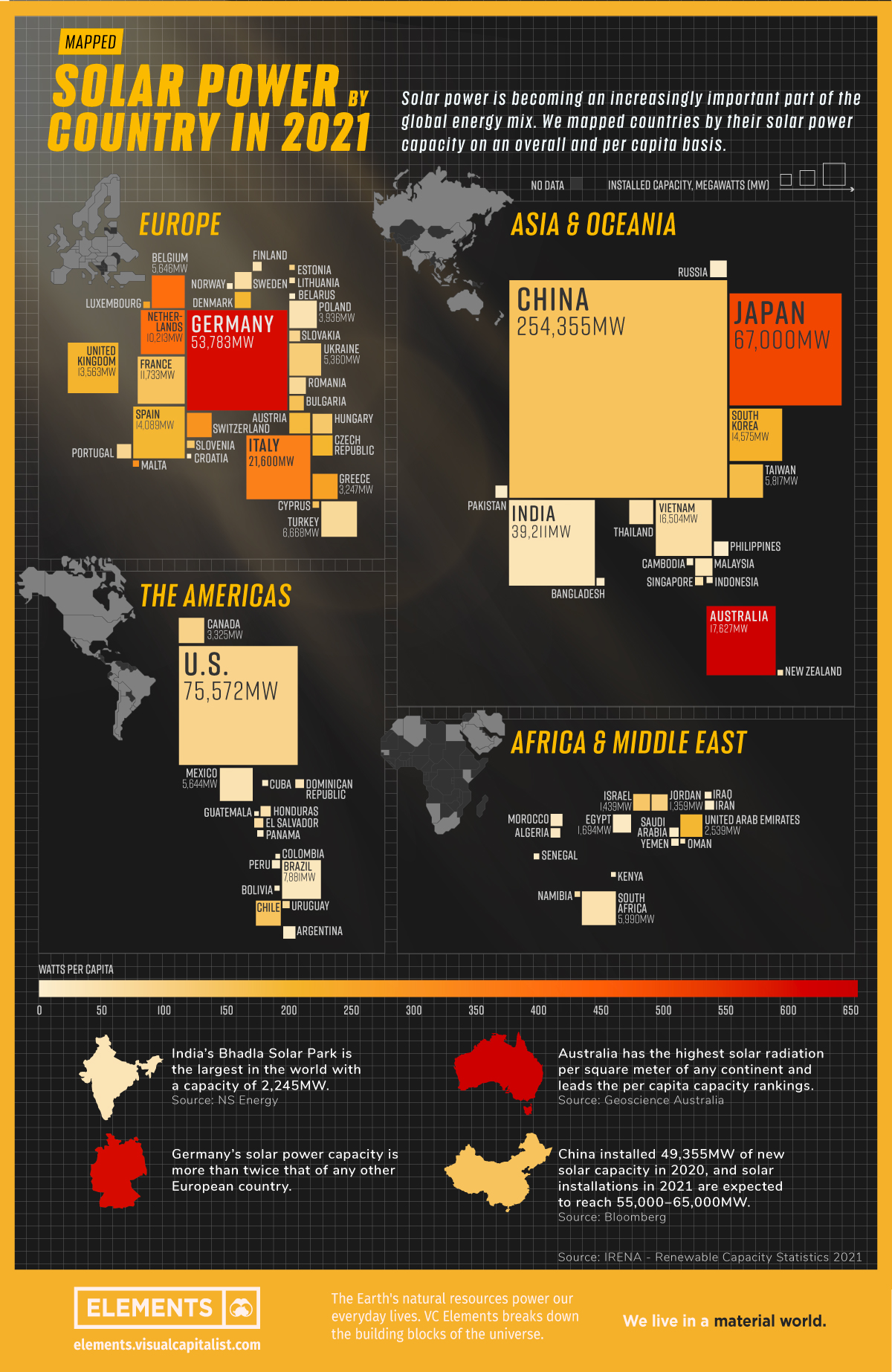According to an article in The Texas Tribune, senators on the Senate Business and Commerce Committee were frustrated that the Railroad Commission had not done more to require natural gas producers, processors and pipelines to winterize their systems. In a committee hearing on Tuesday, they castigated Commission Executive Director Wei Wang for not moving faster. They did not seem to realize that the Commission was following the timeline set out in Senate Bill 3, passed in the last regular session to address the power loss across the state last February.
As I’ve posted, the Commission has proposed a rule requiring the gas producers, processors and pipelines to designate whether they are critical infrastructure, but the statute allows the industry to opt out of that category if they want to, a loophole that seemed to surprise and frustrate the senators. Wang pointed out that the Commission’s proposed rule mirrors the language of Senate Bill 3, which seemed not to mollify the senators, who demanded immediate action from the Commission.
The statute provides that a committee will map out the state’s energy infrastructure by September 2022, after which the Commission will have 180 days to finalize weatherization rules, a timeline the senators also criticized. As the Texas Tribune reported, “Energy experts said lawmakers have themselves to blame if they wanted the state’s natural gas infrastructure, which sends fuel to many of Texas’ largest power plants, to be weatherized quickly — or at all. ‘The Legislature left this loophole open,’ said Doug Lewin, an Austin-based energy and climate consultant.”






